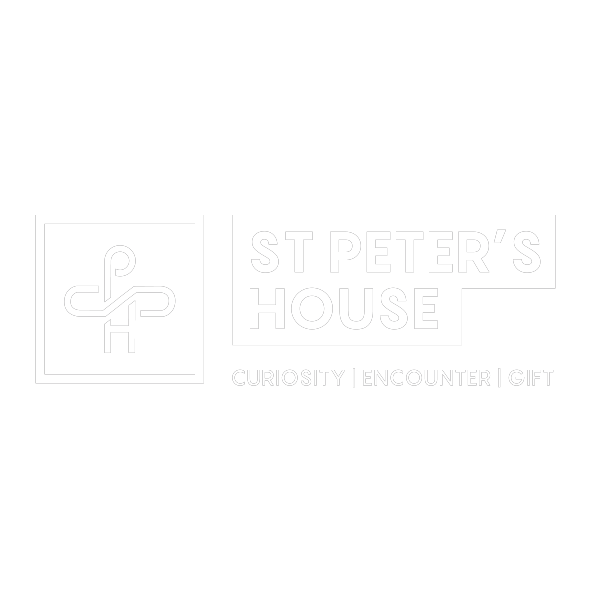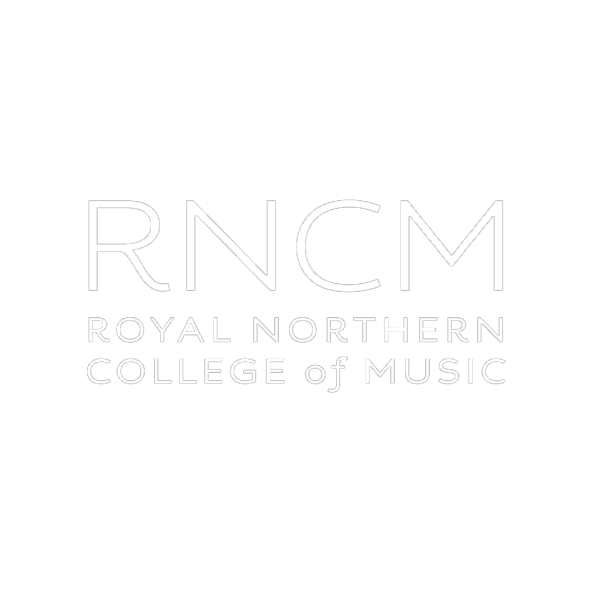Words, noise, opinion, self-promotion, echo-chambers, ‘did-it-really-happen-if-I-don’t-tell-the-world-about-it?’ We begin and end each day submerged in bubbling pools of wordy-water. Words spill, burst, gush, trickle, tweet and endlessly drone on everywhere, deployed for every purpose. Parents wait with baited breath for first words, whilst last words are currently passed on by hospital staff to relatives unable to be at the side of dying loved ones. Words sell, they seduce, they devastate and they promise. We send them out into the world, and turn them in on ourselves as we process around 60,000 thoughts per day. Words start wars, lockdown whole countries… words summon the divine, they express the depths of the human heart, words sow seeds of hope.
Words, then, are one of the most powerful tools we have. Some people are considered ‘wordsmiths’ – as though, in artisan workshops, we can retreat, refine, mould and craft words into whispers and daggers, the lightest of feathers and the punchiest of paragraphs. But each of us is filled with the potential of language and the ability to use it for good or ill, bearing no relation to linguistic dexterity or how words flow. In fact, the power of language can often be measured in what is not said, in the words that are missing – the silence where there are no words.
It’s often been necessary, I’ve found this past year, to find the ‘silver linings’ – and, at times, the sudden quiet of the world has been top of my lockdown-lining list. Last March, waking to a hushed world – no colleagues, no friends, no queues of people in shops, no crowds on campus – whilst a loss, also meant that I would sometimes go whole days without hearing a word. Avoidant of doom-scrolling, and carving out pockets of time to embrace the quiet (no radio/podcasts/phone etc), I sunk happily into the silence. My yearning for meaningful connection is equal to my enjoyment of this quiet, so I blend these ‘word-detox’ days with others, however it’s during these days that I find the voice within me – normally drowned out by the endless chatter from the world around – begins to find space and becomes audible. The quiet words I need to hear from within myself begin to be heard at last.
I also find in these times that I become more aware of the ‘white space in the margins’ – all the words left unspoken/unwritten by me, by those around me, and by the world. Everything not on the page, but all the potential of the white space – what could be written there? And why hasn’t it been written yet? It’s the dreaming space, the question space. Look at this page you’re reading now, or listen to this silence….. What am I not writing, saying? Are there spaces here that need to be filled, are there questions you can write in the margins?
“When day comes we ask ourselves, where can we find light in this never-ending shade?” Amanda Gorman’s opening line will remain ingrained in the consciousness of many following her appearance at Biden’s inauguration on Capitol Hill, in contrast perhaps to Trump’s sudden silencing via his removal from twitter. The carefully honed, cajoled and crafted words of the poet floating in the breeze and creating new space in the margins for questions about the future to flutter hopefully. This is often the job of the poet, “the priest of the invisible” as described by Wallace Stevens, conveying the unseen to those around them and leaving the white space as part of the picture. Using just a few words to paint a story and kindle a fire, a few marks on a page and the rest is silence.
Contrast this to the rolling cacophony of social media, of 24/7 news, of being endlessly on-call for work/friends/family, of lists of things to do that stretch into a busy, distant future. Note also the difference to the noise within our own minds – the endless tales of imagined catastrophe we tell ourselves as things begin to go wrong; the stories of blame and shame we write about ourselves and others and play on loop for years; the stresses, fears and worries that whisper through the nights. Zen Buddhists refer to our mind’s constant chatter as the ‘monkey mind’, an apt mental image of the endless carry-on that can fill our heads with noisy distraction. Contrast this to Maya Angelou’s advice on how to write a poem: “…get to a very quiet place inside yourself”, she wrote, “And you have to not be afraid of being human.”
This is where silence brings us – face-to-face with ourselves, the truth of our own human-ness. Stilling the noise and turning down the dial on all that distracts brings us to the moment, where a few marks on a page light up hope for a new nation, or express the pain and loss of millions. Our words are our tool-kits, our paint-brushes, our bricks and mortar. We can use them to build or destroy, to fill space or to leave space for others to grow.
As you sow your words this week – both out in the world and those within your own mind – be mindful of the stories you tell, planting with care and cultivating your word-world as a poet. The aim not to write poetry, but to practice the art of word selection, language curation, mindful always of the blank space you leave. Speak softly, speak loud, speak kindly, and speak with awareness of the marks on the page. Perhaps, too, practice silence.








